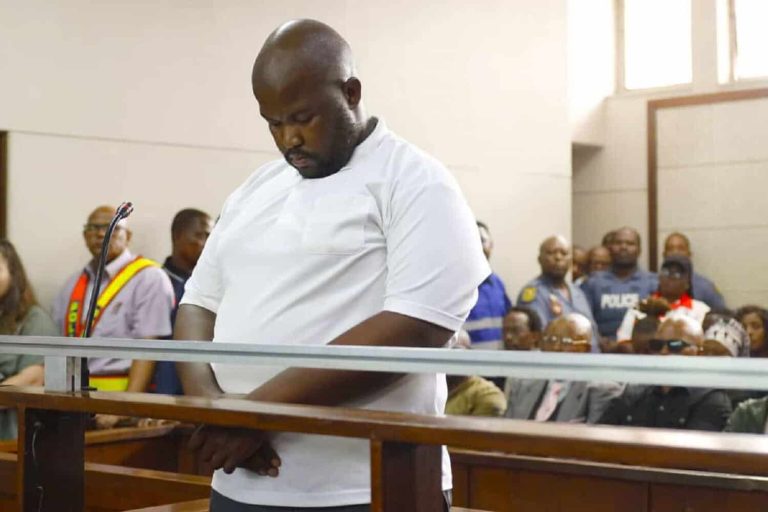
Federal and state authorities are investigating the fatal shooting of far-right activist, Charlie Kirk, at a Utah university, even as a recently passed state law on firearms has come under renewed scrutiny.
The measure, HB 128, took effect in August and allows individuals with concealed-carry permits to openly carry firearms on college campuses. Utah already permitted open and concealed carry without a permit since 2021, but until the new law passed, guns on campuses had to remain concealed.
Faculty and staff had warned that openly carried firearms could complicate emergency responses in classrooms and pose safety risks in laboratories storing hazardous chemicals.
It remains unclear whether the suspected gunman, 22-year-old Tyler Robinson, was legally allowed to own the hunting rifle used in the shooting, or to have it on campus at all. Still, the proximity of the shooting to the law’s passage has thrust Utah’s permissive gun policies into the national spotlight.
The state is among 29 that allow concealed carry without a permit and does not have red-flag laws, which let police or relatives petition courts to temporarily remove firearms from people deemed a threat. Instead, Utah relies on voluntary self-reporting to the federal background check system.
Lawmakers have typically focused on safety in K-12 schools rather than universities, pursuing “school hardening” policies such as automatic locks, surveillance cameras, and fencing.
Other measures include HB 119, which incentivises teachers to undergo firearm training, and HB 84, which requires panic buttons in classrooms and at least one armed officer or guard on each campus daily.
Supporters of Utah’s gun-friendly laws argue that widespread access acts as a deterrent, ensuring potential victims are able to defend themselves in public spaces such as campuses, malls, and grocery stores.
Critics counter that loosening restrictions increases risks in already vulnerable environments.



